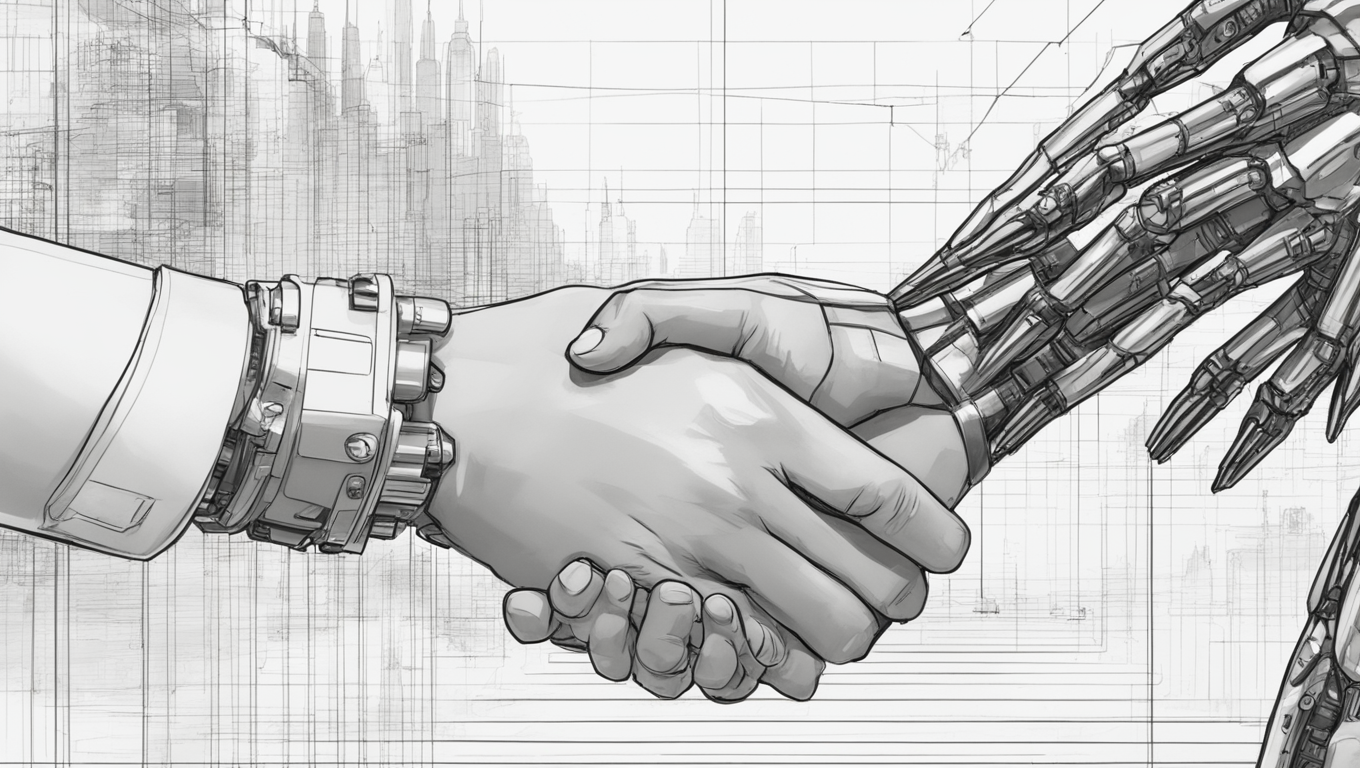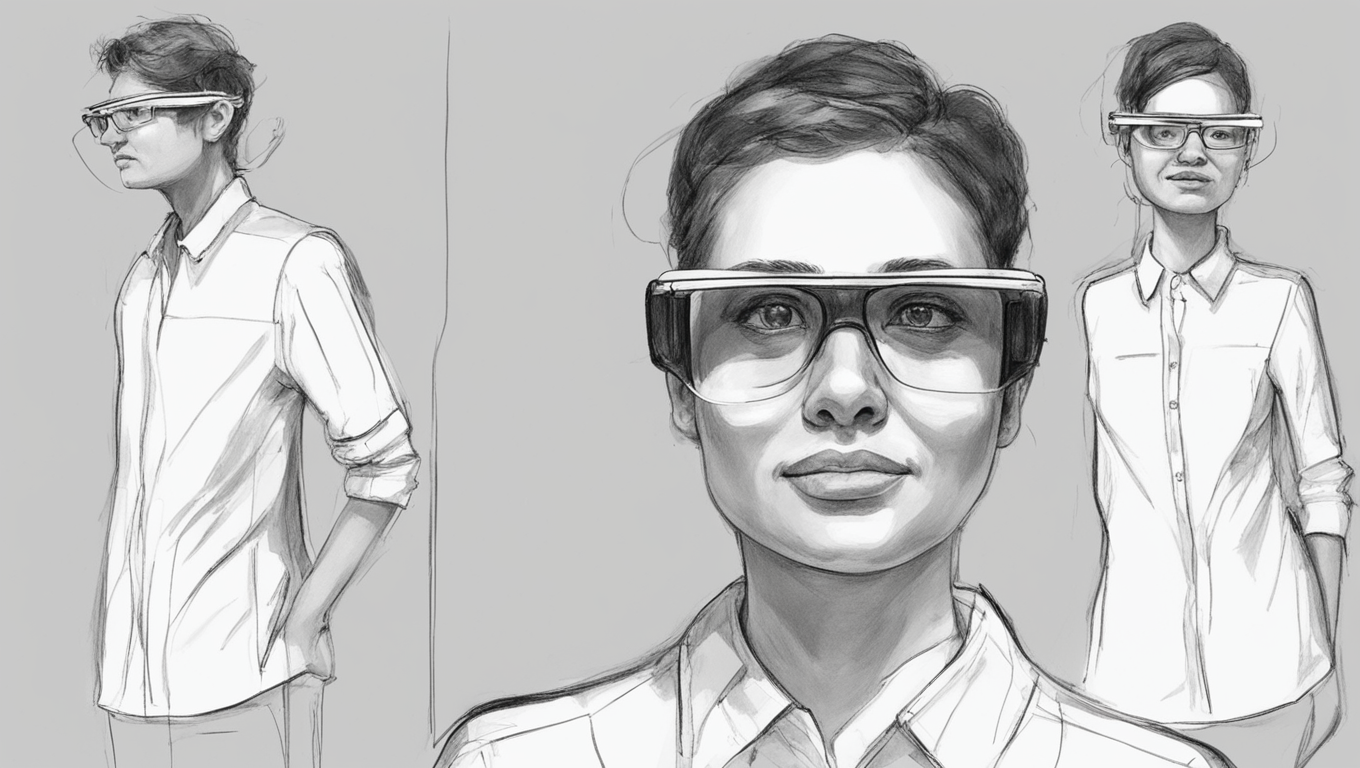In the realm of customer service, we’ve all experienced the frustration of being put on hold for too long or having our queries go unanswered. Unfortunately, some individuals take their frustration out on the customer service representatives themselves, which can create a hostile working environment. SoftBank, a Japanese telecoms giant, has recognized this problem and developed an innovative solution to reduce the burden on call center staff. They have created an artificial intelligence (AI) filter that can mask angry customers' voices and replace them with a softer, more pleasant tone.
Customer harassment, known as kasu-hara in Japan, has become an increasingly prevalent issue in the workplace, along with power harassment and sexual harassment. According to a recent survey conducted by Japan’s largest union, UA Zensen, nearly half of the 30,000 service staff surveyed reported experiencing customer anger or intimidation in the past two years. These incidents included abusive language, repetitive complaints, threats, and unreasonable demands for apologies.
Recognizing the negative impact this has on the mental health of customer service staff, SoftBank has collaborated with Tokyo University to develop an AI filter capable of identifying and neutralizing angry voices. The technology, which was unveiled on April 15, has already shown promising results. In a demonstration video released by SoftBank, an angry male customer’s voice was transformed into a tone described by a Japanese news anchor as that of “an anime dubbing artist.” This innovation is expected to alleviate the pressure on call center staff, allowing them to better cope with challenging customer interactions and remain in their positions.
In Japan, there has long been a cultural emphasis on being subservient to superiors and customers in the workplace. However, in recent years, efforts have been made to address the issue of customer harassment. In 2022, Japan’s Ministry of Health, Labour, and Welfare published a manual that encouraged companies to take proactive measures to tackle the problem. Some service providers, such as All Nippon Airways and West Japan Railway, have already implemented policies to address customer harassment. West Japan Railway, for example, has empowered its staff to refuse service to customers who verbally or physically abuse them, and employees can even seek legal action with the assistance of lawyers.
SoftBank’s AI filter is set to make its debut in 2025, and the technology has already garnered widespread support online. One individual on YouTube commented, “It is really good to have such technology. However, people should learn to control their temper when talking to customer service staff.” Another person joked, “It would also be good if AI altered the staff’s voices to sound like an intimidating gangster.” However, there are also those who believe a filter is unnecessary and propose that the AI simply terminate the call upon detecting an angry voice.
SoftBank’s innovative AI filter holds great potential to transform the customer service industry by alleviating the emotional burden on call center staff. By neutralizing the aggressive tones of angry customers, it creates a more supportive and sustainable working environment. As technology continues to advance, we can expect further developments in AI-driven solutions that enhance customer experiences and improve the well-being of service staff.





Use the share button below if you liked it.